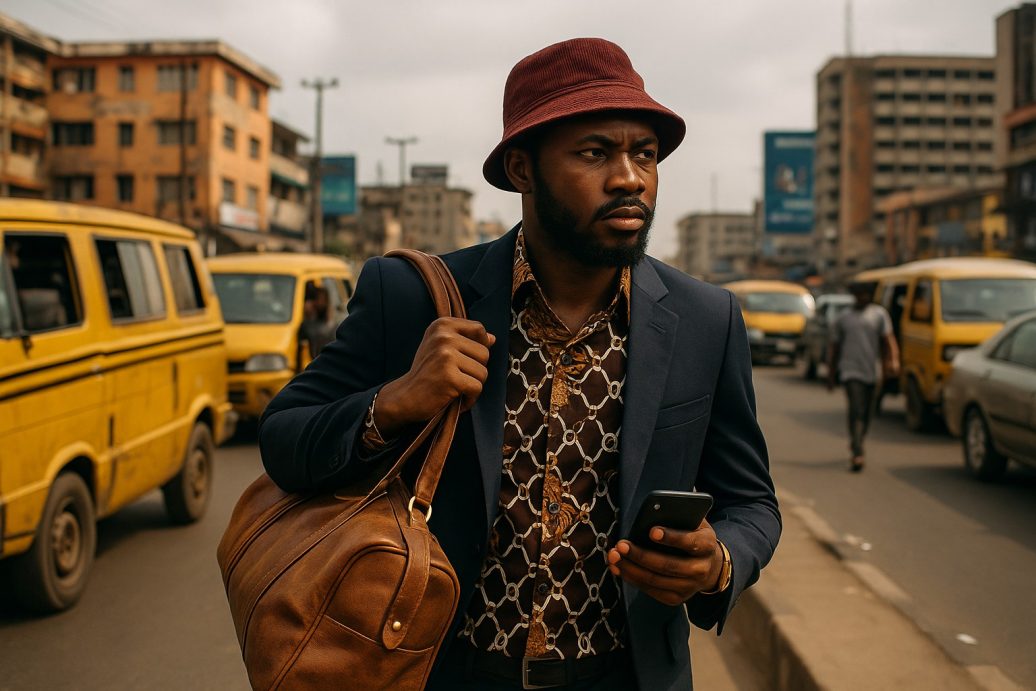
The Truth About Nigerian Lifestyle: Between Hustle Culture and Pretend Wealth
Nigeria , the giant of Africa’s and the most populous nation, is often romanticized for its vibrant culture, spicy cuisine, and afrobeat rhythms. But beneath the surface lies a complex and controversial truth about what constitutes the modern Nigerian lifestyle. In a country where millions grind daily for survival while social media paints a picture of glitz and luxury, the real Nigerian lifestyle is a blend of hustle, hype, and hardship. This article explores the contradictions, societal pressures, and unspoken realities behind how Nigerians truly live today.
ALSO READ
Tinubu Hands Over ECOWAS Leadership to Sierra Leone’s Bio
Don Jazzy Regrets Not Signing Simi, Davido, and More
1. The “Soft Life” Illusion vs. Harsh Reality
On Instagram, TikTok, and Snapchat, the Nigerian lifestyle appears lavish exotic vacations, champagne brunches, designer outfits, and flamboyant parties. Influencers flaunt the “soft life,” a buzzword symbolizing ease, wealth, and enjoyment without stress. But here’s the truth: this luxury lifestyle represents less than 5% of the population.
For the average Nigerian, life is far from “soft.” With 133 million Nigerians (according to the National Bureau of Statistics) living in multidimensional poverty, the glam seen online is largely performative or fueled by unsustainable sources credit cards, fraud, or sponsorships. This illusion puts immense pressure on young people, especially women, to live beyond their means just to “belong.”
2. The Hustle Mentality: Survival as a Lifestyle
Nigeria runs on hustle. From Lagos to Kano, Port Harcourt to Jos, Nigerians are constantly in pursuit of “any legal means” to survive. The typical day for many starts before 6 AM and ends after 10 PM, battling traffic, poor infrastructure, and rising inflation.
The glorification of “hustle culture” has normalized burnout. Everyone is into something multiple side hustles, crypto trading, real estate, tech, comedy skits, or even online betting. It’s admirable, but also tragic. A country rich in oil and human capital shouldn’t force its citizens into survival mode as a lifestyle.
3. Fake It Till You Make It: The Nigerian Code
In Nigeria, appearance is everything. Many prioritize looking successful over actually being successful. Expensive clothes, designer perfumes, and flashy gadgets are bought — not because people can afford them, but because society respects wealth over integrity.
A controversial truth is that even weddings and funerals have become competitions. Young people borrow money to host extravagant parties they can’t afford, all in a bid to trend on social media. Meanwhile, depression, anxiety, and debt are quietly on the rise.
4. Gender and Lifestyle: Who Bears the Weight?
The lifestyle war hits Nigerian women differently. On one side, they’re celebrated for “packaging” — a slang for enhancing appearance and lifestyle through makeup, wigs, and fashion. On the other hand, they’re judged harshly for seeking financial help from men or having sponsors.
There’s a double standard: society expects women to look rich but frowns when they chase financial opportunities that men are naturally allowed to pursue. This pressure forces many into relationships purely for financial survival, normalizing transactional love.
5. Religion and Hypocrisy in Lifestyle Choices
Nigeria is one of the most religious countries in the world. Churches and mosques are everywhere, and spiritual leaders are revered like royalty. Yet, this religiosity often coexists with rampant immorality, fraud, and corruption.
It’s not unusual for someone to attend a Sunday service, pay tithe with money earned through fraud (Yahoo Yahoo), and post about blessings on social media. Religion has become less about morality and more about branding. It now plays a key role in shaping and confusing what a “successful” lifestyle should look like.
6. The New Age: Tech, Remote Work, and Digital Freedom
On the brighter side, not all Nigerian lifestyle narratives are toxic. A new wave of young Nigerians are breaking free from societal expectations. Tech bros, creatives, digital nomads, and remote workers are redefining success on their own terms.
With access to global jobs, many are escaping the local trap of “suffer-head” and are building lifestyles rooted in freedom, authenticity, and minimalism. This group values mental health, healthy relationships, and financial literacy a breath of fresh air in a suffocating culture of pretense.
7. Urban vs. Rural Divide: Two Different Worlds
The lifestyle gap between Nigeria’s cities and villages is staggering. In places like Lagos and Abuja, trends change weekly. From fitness routines to vegan diets, fashion weeks to tech conferences, urban dwellers live in a fast-paced bubble.
Meanwhile, in rural communities, people still rely on traditional medicine, subsistence farming, and extended family systems. The contrast is so stark, it’s almost like two separate countries one chasing global trends, the other clinging to survival basics.
WhatsnextNG Conclusion: A Nation of Paradoxes
The Nigerian lifestyle is a paradox. It’s both beautiful and broken, bold and bruised. We celebrate our culture, music, fashion, and resilience, but we must also confront the toxic ideals of “looking rich,” the pressures of hustle culture, and the social media deception.
Until we redefine what it means to live a “good life,” Nigerians especially the youth will remain trapped in a cycle of chasing appearances instead of building sustainable, fulfilling lives.





